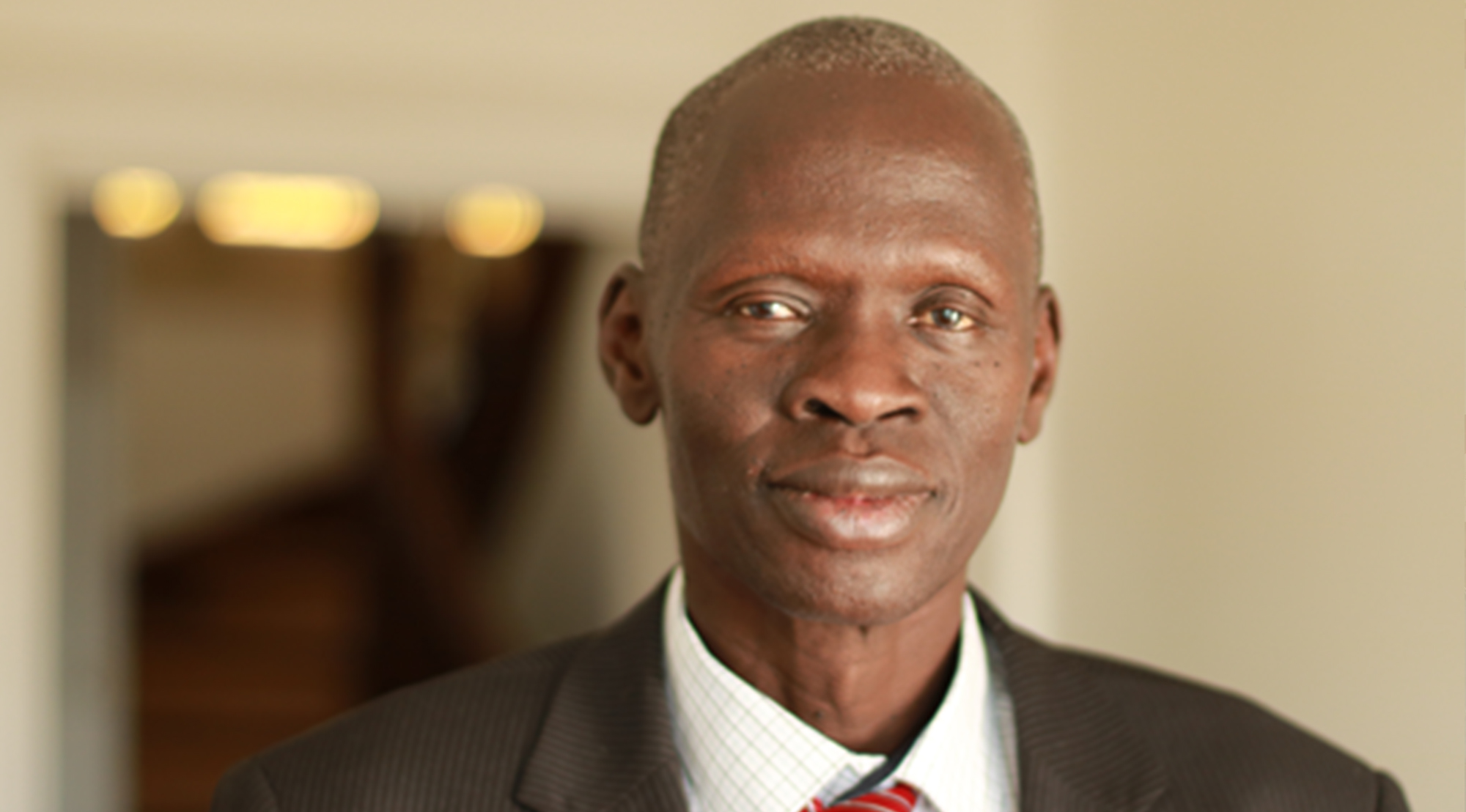Leben Moro grew up in a country marked by civil wars and has witnessed the conflict from its most cruel sides. His family and friends help him to deal with the traumatic experiences and this summer’s peace agreement gives him hope. Nevertheless, he also remains skeptical.
South Sudan has been independent since 2011. It is the youngest state in Africa, and many say it is a hopeless case. The separation of the black African Christian South from the Arab-Muslim North was preceded by severe civil wars. After independence, the country sank again into a bloody conflict as early as 2013. It is difficult to keep track of who is fighting whom, because the country has over 60 tribes. Roughly speaking, one can say that the supporters of the current President Salva Kiir are fighting against the allies of his former deputy Riek Macher.
Dr. Prof Leben Moro grew up in today’s South Sudan on the border to Uganda. He is currently working at the Institute of Peace, Development and Security Studies at the University of Juba, where he is fully dedicated to peacebuilding. “Conflicts are at the source of almost all the problems of this country,” says Leben Moro. “Immediate aid in the form of food, water and medicines, for example, is of course incredibly important, but if you want to make a lasting difference, you have to invest in peacebuilding,” he adds.
His interest in peacebuilding began during his studies in the late 80s and early 90s in Egypt. There he came into contact with a lot of South Sudanese refugees. At first he mainly dealt with humanitarian issues, but over time he wanted to learn more about the cause of the problem – the war in South Sudan. “People are fleeing from the ongoing violence. If we want the refugees no longer to suffer under the precarious conditions of the refugee camps, then we must create peace in South Sudan,” says Leben Moro.
For someone like him, who grew up in a violent place, war is not something abstract that can be defined by the number of deaths and injuries. Although he has to deal with the subject on a theoretical level in his profession, it is always something emotional that moves him personally. “It’s not violence that affects anyone somewhere far away, it’s about people who are your friends or your family,” says Leben Moro. In his work he is confronted with many terrible stories and he has also experienced for himself how people were shot or raped.
“To process such experiences and stories is never easy” emphasizes Leben Moro. In the western world there are offers to deal with such experiences: Professional psychologists, pharmaceuticals or also yoga, meditation and others, help people to cope with stressful situations. Something like this is completely missing in South Sudan. Nevertheless, on difficult days Moro finds support thanks to the people around him. Talking with his family and friends, laughing and exchanging ideas helps him through hard times. “I need people who think like me, whom I trust and who understand me. Sitting alone in a room, staring at a wall meditating would not work for me. I think I’d go mad,” says Leben Moro with a smile on his face.
At the moment there is also a glimmer of hope for the country, because a peace process is underway. This summer the parties signed a peace agreement. Since then the violence has decreased considerably and in the capital Juba there is even something like a tiny economic upswing. Leben Moro is pleased about this and wants to remain positive. At the same time, he observes the process with mixed feelings, because there have already been several peace agreements that have subsequently failed to be implemented. He will not believe in real peace until the rebel’s return to the country and form a government together with the current rulers. “The people are tired of the war. This gives me hope. They are tired of fighting, tired of social problems and tired of the destroyed economy.” he says. Maybe it will really work this time?
The situation in the refugee camps is not easy either, explains Leben Moro: “Imagine you are constantly dependent on external aid. The People in those camps cannot grow their own food or build something. All they can do is hope that the aid arrives. Some days they get food and goods and some days they don’t. They cannot influence this. These are unbearable conditions. People want to stand on their own feet.”
At this point Leben Moro would also like to express his great gratitude for all the help the people get. “Several governments, NGOs and many generous private donors support us”. He himself has a family in refugee camps and this help is vital for their survival. “We are in this situation because of all this violence. South Sudan is actually a resource-rich country. If there were peace, we would not be dependent on help. The institute in which I work therefore focuses on education: young people should be given a new view of the world and violence. If they grow up with this new attitude, peace is possible” is Leben Moro’s conviction.


